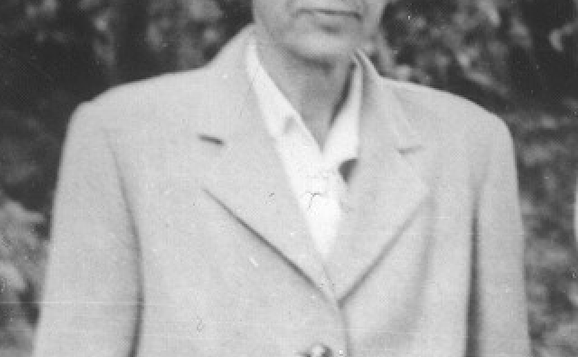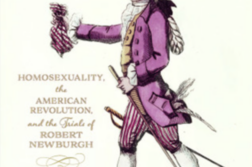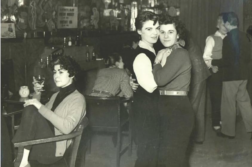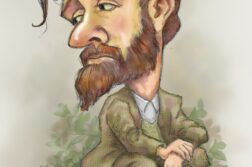THE SUPREME COURT’S recent decision in Bostock v. Clayton County outlawed employment discrimination based on sexual orientation for all Americans. Yet amid the justifiable jubilation surrounding that decision, an important scientific history lesson for our community has gone overlooked. In an amicus brief filed with the Court in the case, a group of gay and lesbian historians cited a scientific work that’s been mostly forgotten in the eight decades since it was published. Even more thoroughly forgotten, and unmentioned in the historians’ brief, were the contributions to that study by a lesbian named Jan Gay whose work and passion made the whole project possible.
The amicus brief (signed by nine scholars, including Alice Kessler-Harris and George Chauncey) implicitly recognized the importance of the project that Gay instigated, as she was the inspiration for a term that George W. Henry used in his title: “In 1941, Henry published Sex Variants: A Study of Homosexual Patterns, a book whose purpose he telescoped as simply a study of sex.” The timing of Henry’s use of the phrase “sex variants” was important, as it established that the concept of sexual variation existed long before the adoption of Title VII. This allowed the scholars to argue in their amicus brief that homosexuality was included under Title VII’s protected category of “sex” (as gender)—important because it appealed to the “textualist” approach of some Supreme Court justices. In fact, in the decade following the publication of Henry’s book, the term “sex variants” had begun to circulate beyond the medical profession, sometimes appearing in popular media to designate homosexuals. Some early gay activists adopted this phrase, as did the Mattachine Society in 1954 in its call for further study of American law’s impact on “the sex variant.”
While the term “sex variant” was Henry’s construction, the idea for the book was not. That honor belongs to Jan Gay. Born as Helen Reitman, Gay was something of a globetrotter, and on one of her many visits abroad she met gay rights pioneer Magnus Hirschfeld. At Hirschfeld’s Institute for Sexual Science, Gay learned about interviewing techniques. Committed to improving the public perception of people like herself, Gay conducted 300 interviews with lesbians and some gay men, and she hoped to present her case studies in a book. Like Hirschfeld, Gay believed that people would grow more understanding and accepting once they had a chance to read gay people’s life stories in their own words.
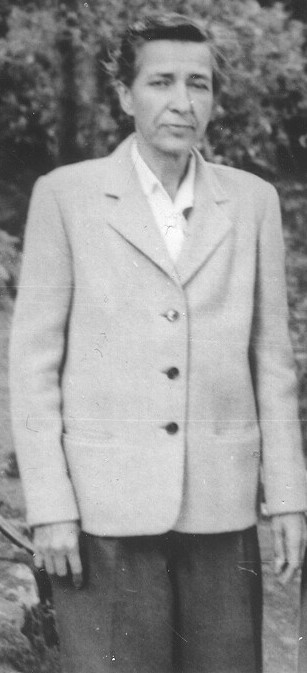
Gay was already a successful author by this time, having written a number of children’s books years before, illustrated by her lover Eleanor Byrnes. More recently, she had written On Going Naked, the first book on nudism to receive a widespread readership in the U.S., despite being banned in many places. She also wrote the script for the documentary based on the book. Though that film passed the National Board of Review (since it was considered an educational documentary), local censors and police banned or shut down showings in many cities.
Brian Fehler, professor of English at Texas Women’s University, where he teaches feminist rhetorics and history of rhetoric, lives in Fort Worth.


